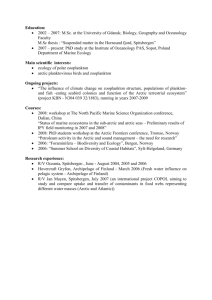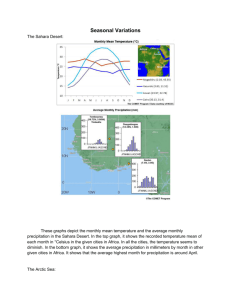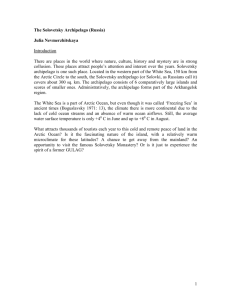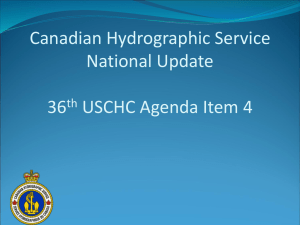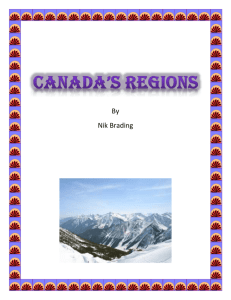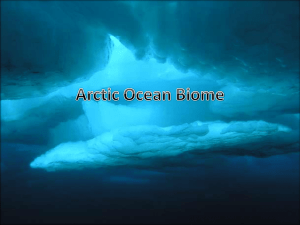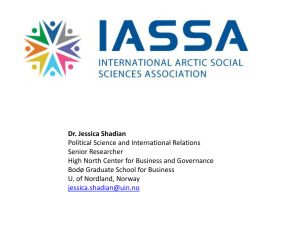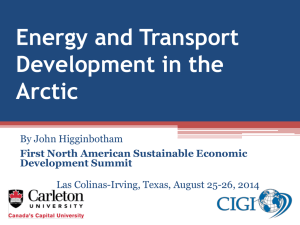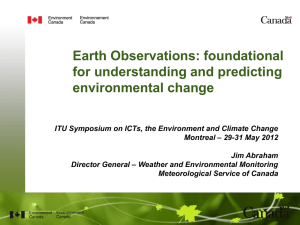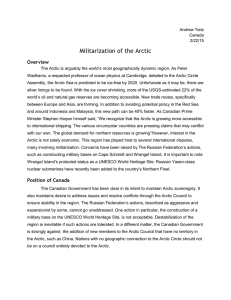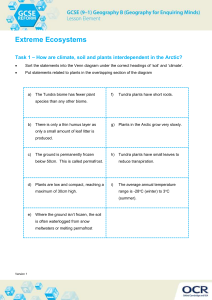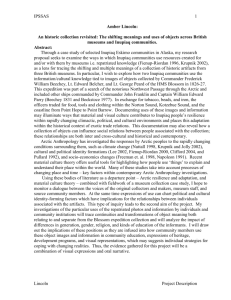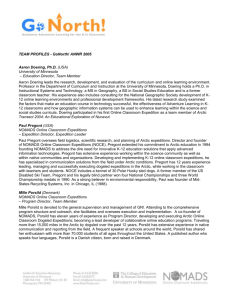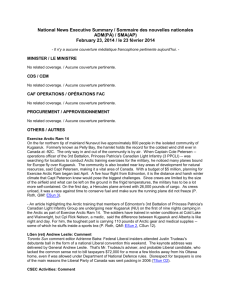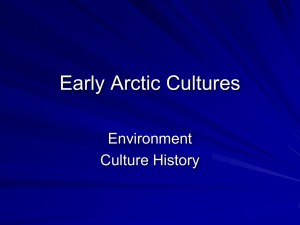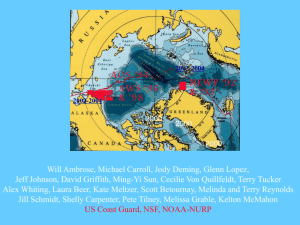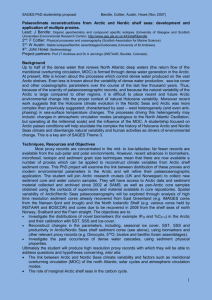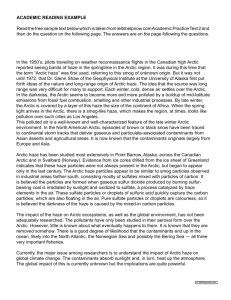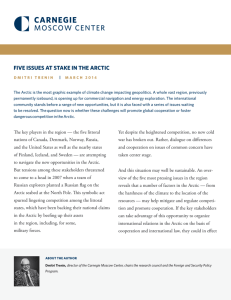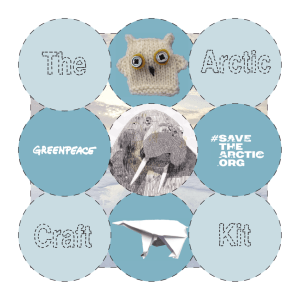Abstract - Island Studies.ca
advertisement
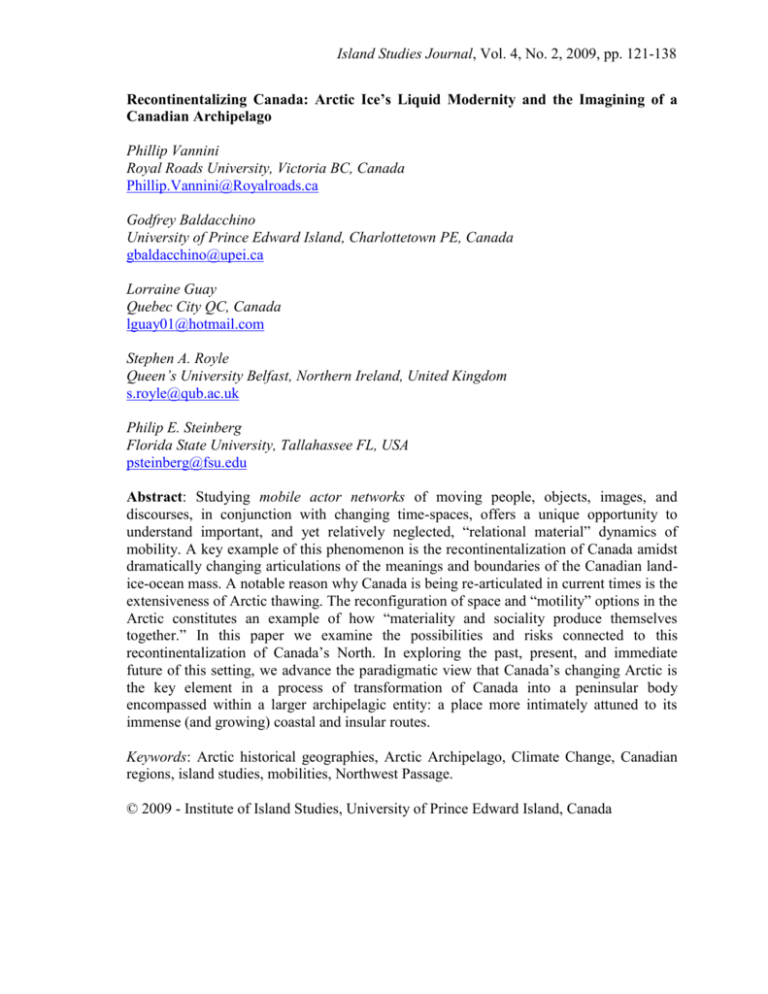
Island Studies Journal, Vol. 4, No. 2, 2009, pp. 121-138 Recontinentalizing Canada: Arctic Ice’s Liquid Modernity and the Imagining of a Canadian Archipelago Phillip Vannini Royal Roads University, Victoria BC, Canada Phillip.Vannini@Royalroads.ca Godfrey Baldacchino University of Prince Edward Island, Charlottetown PE, Canada gbaldacchino@upei.ca Lorraine Guay Quebec City QC, Canada lguay01@hotmail.com Stephen A. Royle Queen’s University Belfast, Northern Ireland, United Kingdom s.royle@qub.ac.uk Philip E. Steinberg Florida State University, Tallahassee FL, USA psteinberg@fsu.edu Abstract: Studying mobile actor networks of moving people, objects, images, and discourses, in conjunction with changing time-spaces, offers a unique opportunity to understand important, and yet relatively neglected, “relational material” dynamics of mobility. A key example of this phenomenon is the recontinentalization of Canada amidst dramatically changing articulations of the meanings and boundaries of the Canadian landice-ocean mass. A notable reason why Canada is being re-articulated in current times is the extensiveness of Arctic thawing. The reconfiguration of space and “motility” options in the Arctic constitutes an example of how “materiality and sociality produce themselves together.” In this paper we examine the possibilities and risks connected to this recontinentalization of Canada’s North. In exploring the past, present, and immediate future of this setting, we advance the paradigmatic view that Canada’s changing Arctic is the key element in a process of transformation of Canada into a peninsular body encompassed within a larger archipelagic entity: a place more intimately attuned to its immense (and growing) coastal and insular routes. Keywords: Arctic historical geographies, Arctic Archipelago, Climate Change, Canadian regions, island studies, mobilities, Northwest Passage. © 2009 - Institute of Island Studies, University of Prince Edward Island, Canada
